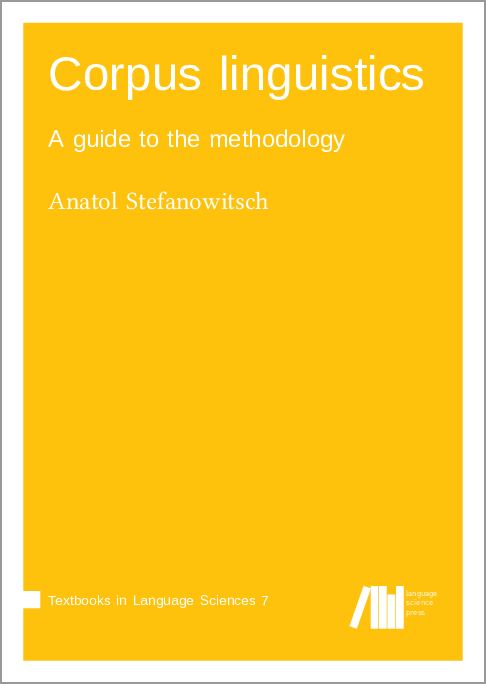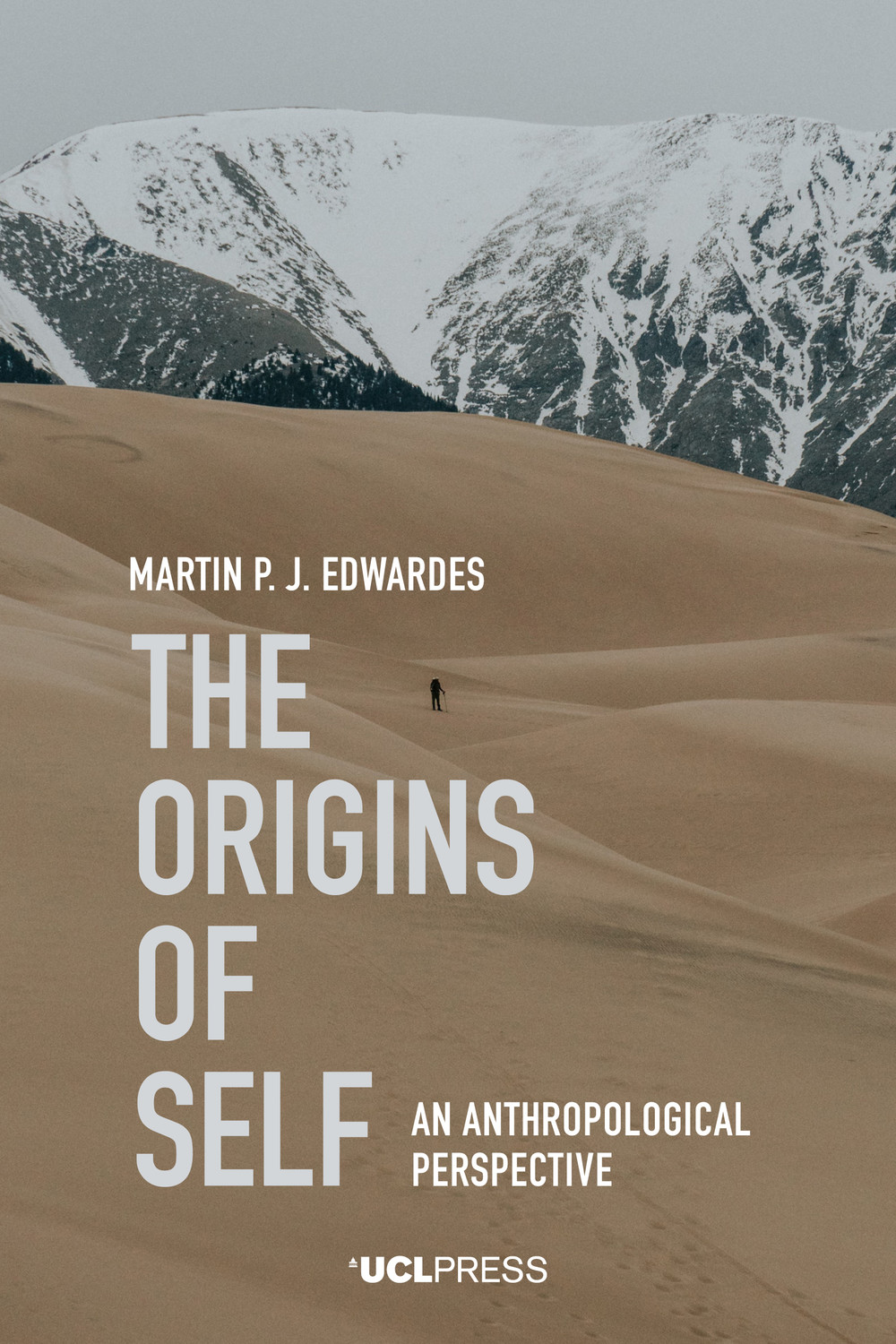In der letzten Zeit sind u.a. diese frei verfügbaren Titel erschienen:
The Origins of Self: An Anthropological Perspective
Martin P. J. Edwardes | https://www.uclpress.co.uk/products/125998
The Origins of Self explores the role that selfhood plays in defining human society, and each human individual in that society. It considers the genetic and cultural origins of self, the role that self plays in socialisation and language, and the types of self we generate in our individual journeys to and through adulthood.
Edwardes argues that other awareness is a relatively early evolutionary development, present throughout the primate clade and perhaps beyond, but self-awareness is a product of the sharing of social models, something only humans appear to do. The self of which we are aware is not something innate within us, it is a model of our self produced as a response to the models of us offered to us by other people. Edwardesproposes that human construction of selfhood involves seven different types of self. All but one of them are internally generated models, and the only non-model, the actual self, is completely hidden from conscious awareness. We rely on others to tell us about our self, and even to let us know we are a self.Developed in relation to a range of subject areas – linguistics, anthropology, genomics and cognition, as well as socio-cultural theory – The Origins of Self is of particular interest to students and researchers studying the origins of language, human origins in general, and the cognitive differences between human and other animal psychologies.
Corpus linguistics: A guide to the methodology
Anatol Stefanowitsch | https://doi.org/10.5281/zenodo.3735822

Corpora are widely used in linguistics, but not always wisely. This book attempts to frame corpus linguistics systematically as a variant of the observational method. The first part introduces the reader to the general methodological discussions surrounding corpus data as well as the practice of doing corpus linguistics, including issues such as the scientific research cycle, research design, extraction of corpus data and statistical evaluation. The second part consists of a number of case studies from the main areas of corpus linguistics (lexical associations, morphology, grammar, text and metaphor), surveying the range of issues studied in corpus linguistics while at the same time showing how they fit into the methodology outlined in the first part.
Linguistics for the age of AI
Marjorie McShane & Sergei Nirenburg | https://doi.org/10.7551/mitpress/13618.001.0001
One of the original goals of artificial intelligence research was to endow intelligent agents with human-level natural language capabilities. Recent AI research, however, has focused on applying statistical and machine learning approaches to big data rather than attempting to model what people do and how they do it. In this book, Marjorie McShane and Sergei Nirenburg return to the original goal of recreating human-level intelligence in a machine. They present a human-inspired, linguistically sophisticated model of language understanding for intelligent agent systems that emphasizes meaning—the deep, context-sensitive meaning that a person derives from spoken or written language.
With Linguistics for the Age of AI, McShane and Nirenburg offer a roadmap for creating language-endowed intelligent agents (LEIAs) that can understand,explain, and learn. They describe the language-understanding capabilities of LEIAs from the perspectives of cognitive modeling and system building, emphasizing “actionability”—which involves achieving interpretations that are sufficiently deep, precise, and confident to support reasoning about action. After detailing their microtheories for topics such as semantic analysis, basic coreference, and situational reasoning, McShane and Nirenburg turn to agent applications developed using those microtheories and evaluations of a LEIA’s language understanding capabilities.
McShane and Nirenburg argue that the only way to achieve human-level language understanding by machines is to place linguistics front and center, using statistics and big data as contributing resources. They lay out a long-term research program that addresses linguistics and real-world reasoning together, within a comprehensive cognitive architecture.


